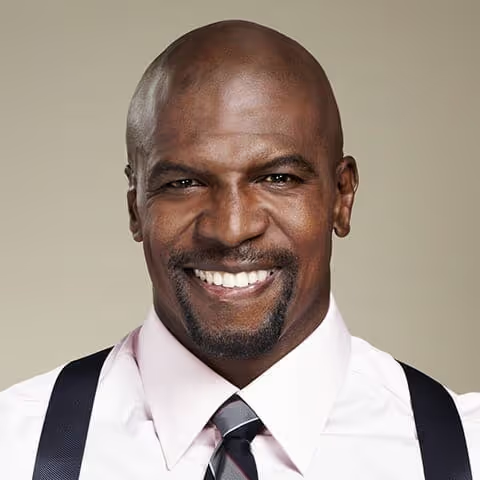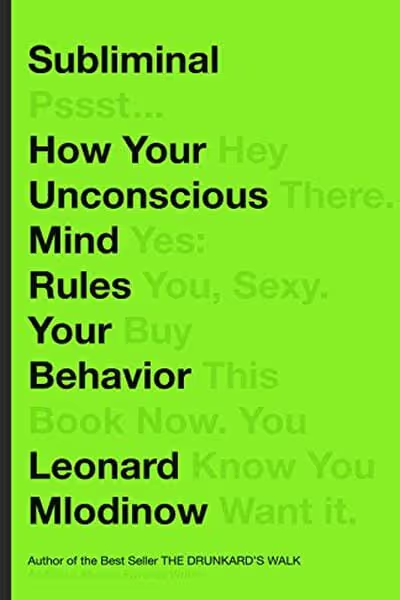Man's Search for Meaning
Psychiatrist Viktor Frankl's memoir has riveted generations of readers with its descriptions of life in Nazi death camps and its lessons for spiritual survival. Between 1942 and 1945 Frankl labored in four different camps, including Auschwitz, while his parents, brother, and pregnant wife perished. Based on his own experience and the experiences of others he treated later in his practice, Frankl argues that we cannot avoid suffering but we can choose how to cope with it, find meaning in it, and move forward with renewed purpose. Frankl's theory-known as logotherapy, from the Greek word logos ("meaning")-holds that our primary drive in life is not pleasure, as Freud maintained, but the discovery and pursuit of what we personally find meaningful.
At the time of Frankl's death in 1997, Man's Search for Meaning had sold more than 10 million copies in twenty-four languages. A 1991 reader survey for the Library of Congress that asked readers to name a "book that made a difference in your life" found Man's Search for Meaning among the ten most influential books in America.
Beacon Press, the original English-language publisher of Man's Search for Meaning, is issuing this new paperback edition with a new Foreword, biographical Afterword, and classroom materials to reach new generations of readers.
What purpose does life serve? Humans have struggled with this issue for ages, and it has undoubtedly motivated you at least once. But how do we respond to this question and how can we guarantee that our lives have purpose? In his book Man's Search for Meaning, Viktor Frankl describes his time spent in the WWII concentration camps as well as the school of therapy he founded to confront this very question.
Everything can be taken from a man but one thing: the last of the human freedoms—to choose one’s attitude in any given set of circumstances, to choose one’s own way.




































































































